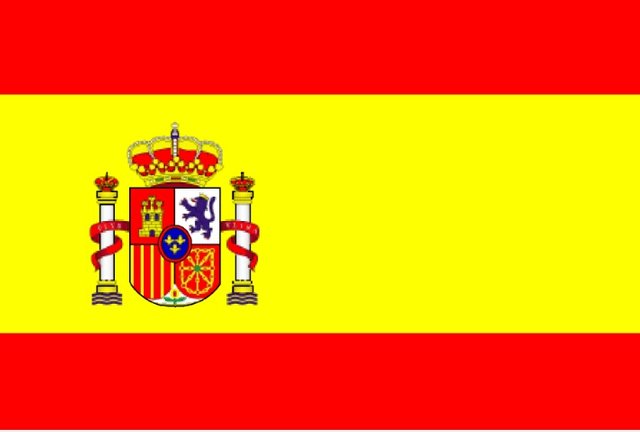2018 vote of no conference
Provisions
The Spanish Constitution of 1978 requires for motions of no confidence to be proposed by, at least, one tenth of deputies—35 out of 350—and must include a candidate for Prime Minister, as votes of no confidence in Spain are constructive. For a motion of no confidence to be successful, it has to be voted favourably by at least an absolute majority in the Congress of Deputies. A minimum period of five days after the motion's registration must be respected before it can be put up to vote. Other parties are entitled to submit alternative motions within the first two days from the registration.
“ The Congress of Deputies may challenge Government policy by passing a motion of censure by an absolute majority of its members. The motion of censure must be proposed by at least one tenth of the Deputies, including a candidate for the office of President of the Government. The motion of censure may not be voted on until five days after it has been submitted. During the first two days of this period, alternative motions may be submitted. If the motion of censure is not passed by the Congress, its signatories may not submit another during the same session. ”
— Article 113 of the Spanish Constitution
Concurrently, the Prime Minister is barred from dissolving the Cortes Generales and calling a general election while a motion of no confidence is pending. If the motion is successful, the outgoing Prime Minister is removed from office and the proposed candidate is automatically elected to the post. If unsuccessful, the signatories of the motion may not submit another during the same session.
Background
Prime Minister Mariano Rajoy (seated bottom right), with the PP parliamentary group in the Congress of Deputies during the no confidence motion debate on 31 May 2018.
The motion was registered by the Spanish Socialist Workers' Party (PSOE) on 25 May after the ruling People's Party (PP) was found to have profited from the illegal kickbacks-for-contracts scheme of the Gürtel case, with the courts confirming the existence of an illegal accounting and financing structure that ran in parallel with the party's official one since the party's foundation in 1989. The National Court confirmed the PP helped establish "a genuine and effective system of institutional corruption through the manipulation of central, autonomous and local public procurement", while considering that Rajoy had not been "truthful" in his testimony as a witness during the trial.
PSOE leader Pedro Sánchez announced that, should the motion be successful, he aimed for the establishment of a transitional government that would ensure the country's "governance" and recover "democratic normality" in the wake of the huge political crisis sparked as a result of the Gürtel sentence, then call for a snap general election. Unidos Podemos (the alliance of Podemos and United Left), Republican Left of Catalonia (ERC), the Catalan European Democratic Party (PDeCAT) and New Canaries (NCa) immediately announced their support of the motion. Concurrently, Citizens (Cs) certified the end of its support to the Rajoy government and called for an early general election to be held while voicing their disengagement from Sánchez's maneuver.
Sources within the government and the PP acknowledged that the motion had real prospects of succeeding, as the support of PSOE and Unidos Podemos, together with that of peripheral nationalist parties, would be enough to win the vote. On 26 May, the PSOE accepted calling an early election in order to try to court Cs into supporting the no confidence motion. Rajoy's government admitted having lost control over the legislature and did not discard being forced to call a snap election for late 2018 or early 2019 even if it survived the motion. On 31 May 2018, the PNV confirmed its support of the motion the next day, thus ensuring that Rajoy would lose the ballot. The PP was allegedly "in a state of shock", with hundreds of public offices about to be removed within days, with the whole party being forced into opposition and with Rajoy's future uncertain.
This was the fourth motion of no confidence since the Spanish transition to democracy, the second to be submitted against Mariano Rajoy after the Unidos Podemos's motion in the previous year, as well as the first to be successful.
Reference
This user is on the @buildawhale blacklist for one or more of the following reasons: